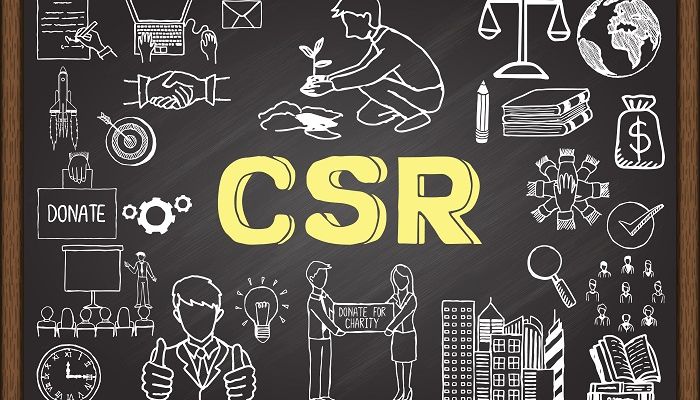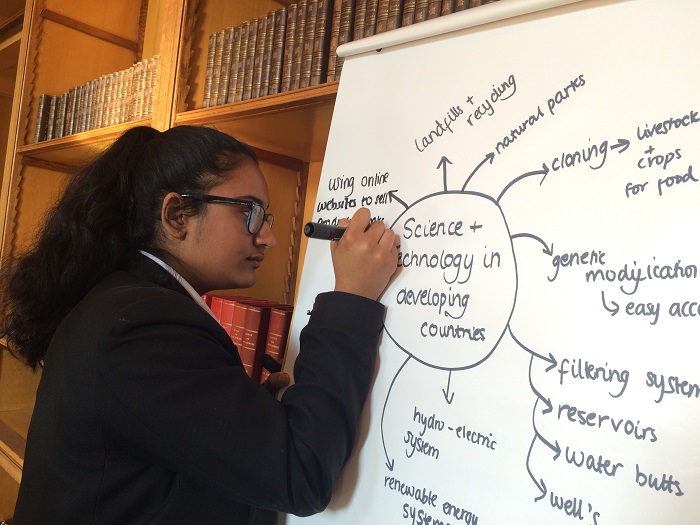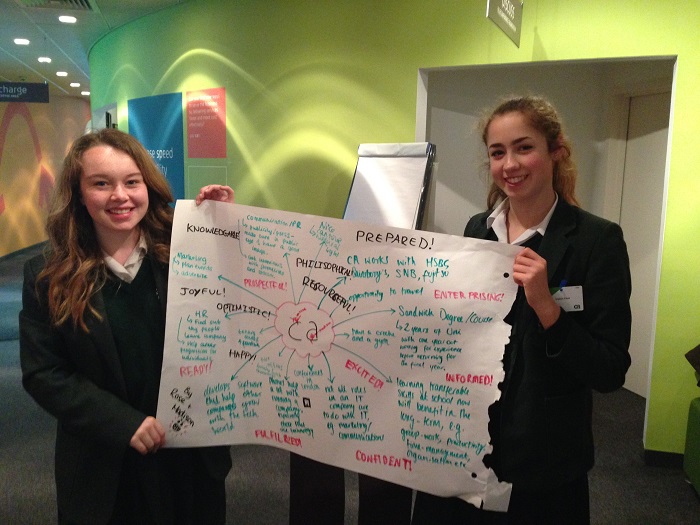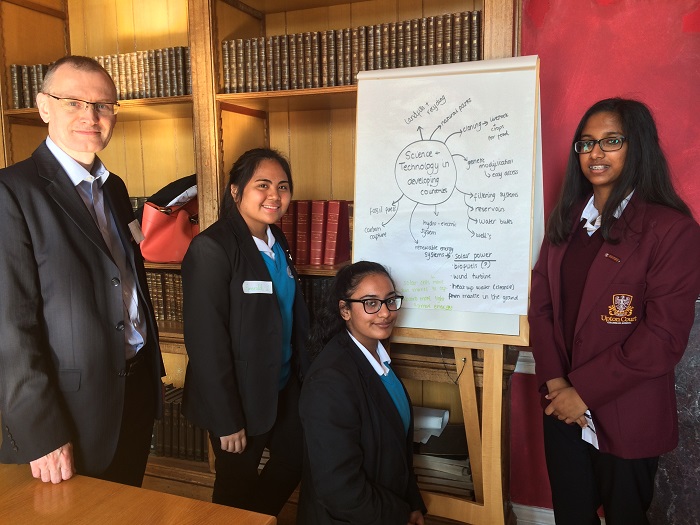How CSR can be a powerful force for social change
CSR is becoming more mainstream, but are you in on the trend? As consumers’ awareness about global social issues continues to grow, so does the importance these customers place on CSR when choosing where to shop. Whether it’s connecting students and professionals who want to use their business skills to do social good, or Ben and Jerry’s using only fair trade ingredients, embracing CSR can give your brand the edge over your competitors. We talk to Rebecca Taylor, Head of UKI Communications at CA Technologies about the PR benefits of CSR, measuring engagement, and how it can improve a company’s bottom line.
Why did CA Technologies decide to create its own CSR program in EMEA?
CA Technologies has long been committed to supporting the communities in which it operates – all of our 11,000 employees globally get five working days a year to commit to volunteering opportunities. We believe that we don’t just have a responsibility to make a positive difference to society, but an opportunity to enrich both our business and the lives of our employees. Attracting and recruiting top talent is vital not just to CA, but to the society and economy we operate in. The European Commission has predicted that by 2020, 825,000 ICT jobs will be left unfilled due to a lack of relevant skills. That’s why we launched “Create Tomorrow”, a programme that brought together all the STEM initiatives we supported in EMEA and helped contribute towards a better tomorrow by addressing the STEM skills gap.
Do you think the comms industry is changing its perception of CSR?
Definitely. When I did my degree in PR ten years ago, the focus of discussion was around whether CSR was meaningful, or just window dressing. I don’t think that conversation is taking place nearly as much anymore. The comms industry knows that CSR can be extremely beneficial to businesses, and sees the value of running programmes which drive tangible change.
Speaking from a comms perspective what is your definition of CSR?
Personally, I believe that corporate social responsibility is about giving back to the communities you operate in, whether that’s your local community, your industry, the global community, wherever. It’s about using your business’ resources to get out there and tackle a problem or issue that matters to you and the society you exist within.
You’ve been quoted as saying that there is a consensus that CSR is both necessary and beneficial, both to the community and to the business itself, could talk about this further?
I think in the past there was a tendency to see CSR as an add-on; something lightweight that made your company look better, especially if you were trying to change a particular negative perception. Now it’s taken much more seriously. CSR should always benefit the community you’re working with, but it can also help the business, for example by helping change an industry issue, driving employee engagement, or creating promotional opportunities.
What are the challenges of CSR?
From my point of view, I’d say that one of the major challenges is staying focussed, and saying no. There are so many incredibly important causes out there looking for support, and it’s tempting to want to help them all. Having a strong focus that you really believe in helps to identify where you can have the most impact.
How do you suggest that PR agencies embrace CSR in a way that is consistent with the brands they represent?
Start by thinking about the issues that really affect you and your business. That’s how we did it. CA operates in the tech industry, and we know that in a few short years we’re going to be hit by a severe skills shortage unless more young people choose to study STEM subjects and enter STEM careers. By identifying an issue that’s critical to us on a business level, we could align our CSR with our brand values, and benefit our business alongside our community.
How should brands use CSR for PR?
Making sure that your CSR programme is truly dedicated to making a societal change doesn’t detract from the fact that CSR programmes can – and should – be powerful PR tools. In fact, good PR of your CSR will make it even more impactful. We developed Create Tomorrow in line with a pledge we made to support the European Commission’s Grand Coalition for Digital Jobs, which was set up to tackle the lack of digital skills in Europe and the thousands of unfilled ICT-related vacancies across all industry sectors. That adds credibility to our programme, and Create Tomorrow gives us a platform to comment on these issues in the press, because we’re demonstrating that we’re informed and committed to driving change. Working with local students also drives local PR coverage, which is great for recruitment purposes. None of these benefits to our business detract from the benefits we’re driving in the community.
How can PRs and the comms industry use CSR to build long-term business relationships with customers?
As more businesses become serious about their CSR programmes, it’s inevitable that other companies will have similar goals to yours. Partnerships can amplify both businesses’ CSR efforts, and build the relationships. I’d definitely recommend finding out if any of your customers have similar CSR programmes to yours, or if you have a customer contact who personally cares about the cause and might like to get involved in your initiative. It’s beneficial to your sales relationship, but it also strengthens the offering to your CSR audience. It’s win/win.
You partnered with O2 and BA on your CSR programme. How should PRs go about partnering with other companys?
Just pick up the phone! Of course, if you already have a sales relationship, your sales team can help you out, and in the case of O2 and British Airways, they both worked with the same not-for-profit organisation, Learning to Work, which supports Create Tomorrow, so they facilitated the relationship. But it doesn’t have to be that formal. Do a bit of desk research, and if you find a company which has similar CSR goals to you, try calling their comms manager. In my experience, people are usually very happy to discuss how they can amplify their CSR efforts through partnerships, and you might make a lasting connection.
Do you think CSR can improve a company’s bottom line? Is it good for business?
Absolutely, for all the reasons I’ve outlined above – it can be instrumental in tackling an industry issue that affects your business; it can benefit your brand; it can align with other business goals (ie. becoming a more diverse workforce); it can help build long-term relationships with customers, prospects and partners; and finally, it’s a powerful tool for employee engagement and by extension, can help with recruitment.
How do you measure engagement and success with CSR programmes?
As with any project, you need to work out what you want to achieve and base your metrics on that. At CA, we measure how Create Tomorrow affects both employees and the community. We do that by tracking the reach of our programme (how many young people we interact with), and asking them to tell us if they are more likely to consider a STEM career after taking part – it’s a simple question, but it tells us if we’re moving the needle. At the same time, we also monitor the number of employees across EMEA who get involved as volunteers and the levels of employee engagement recorded by our employee opinion surveys. If the numbers are always going up, we know we’re doing something right.










Leave a Comment